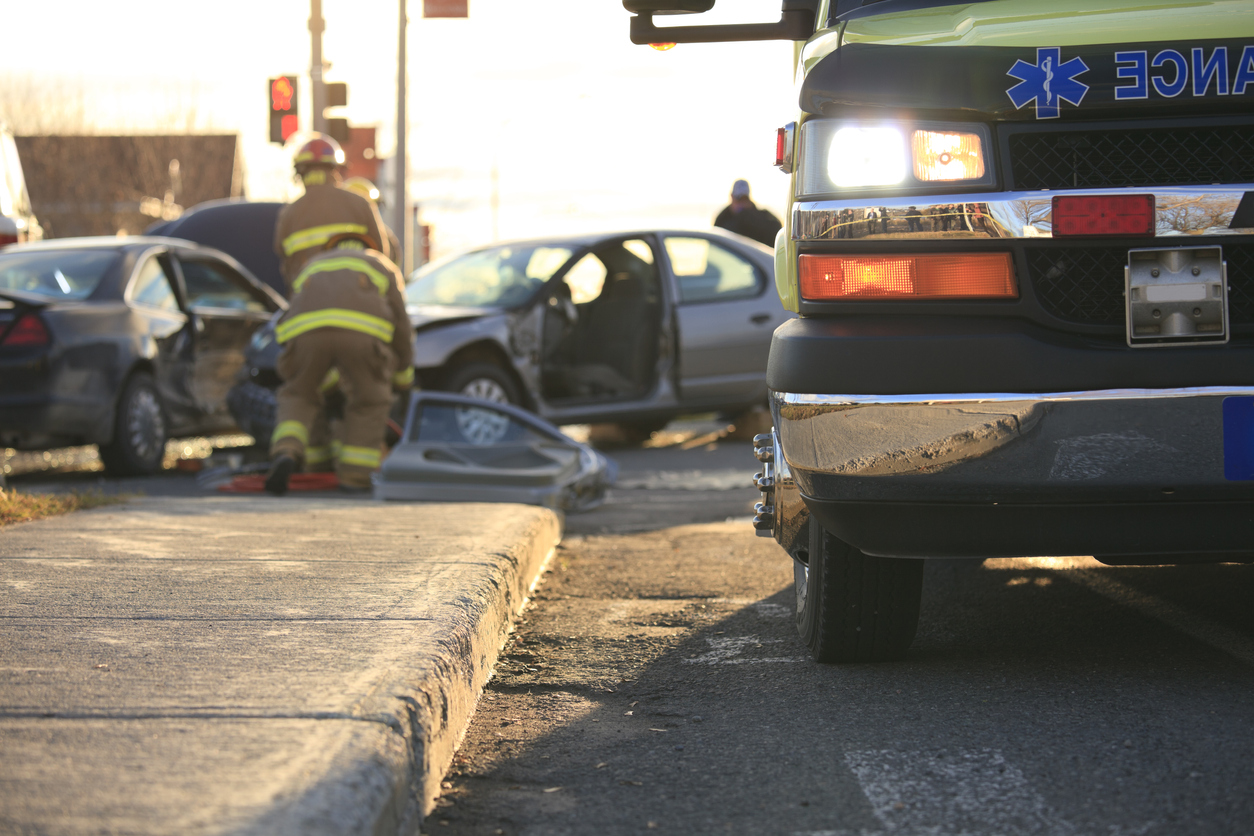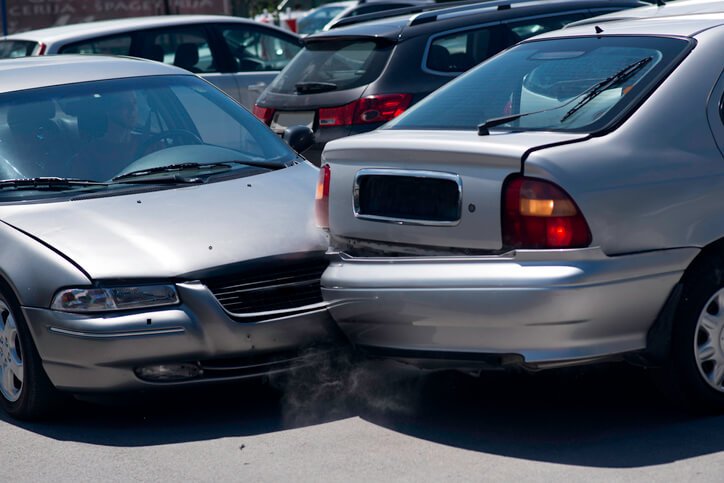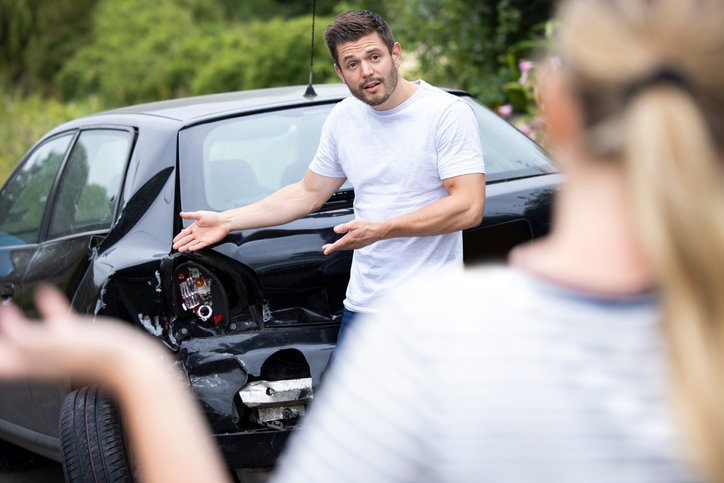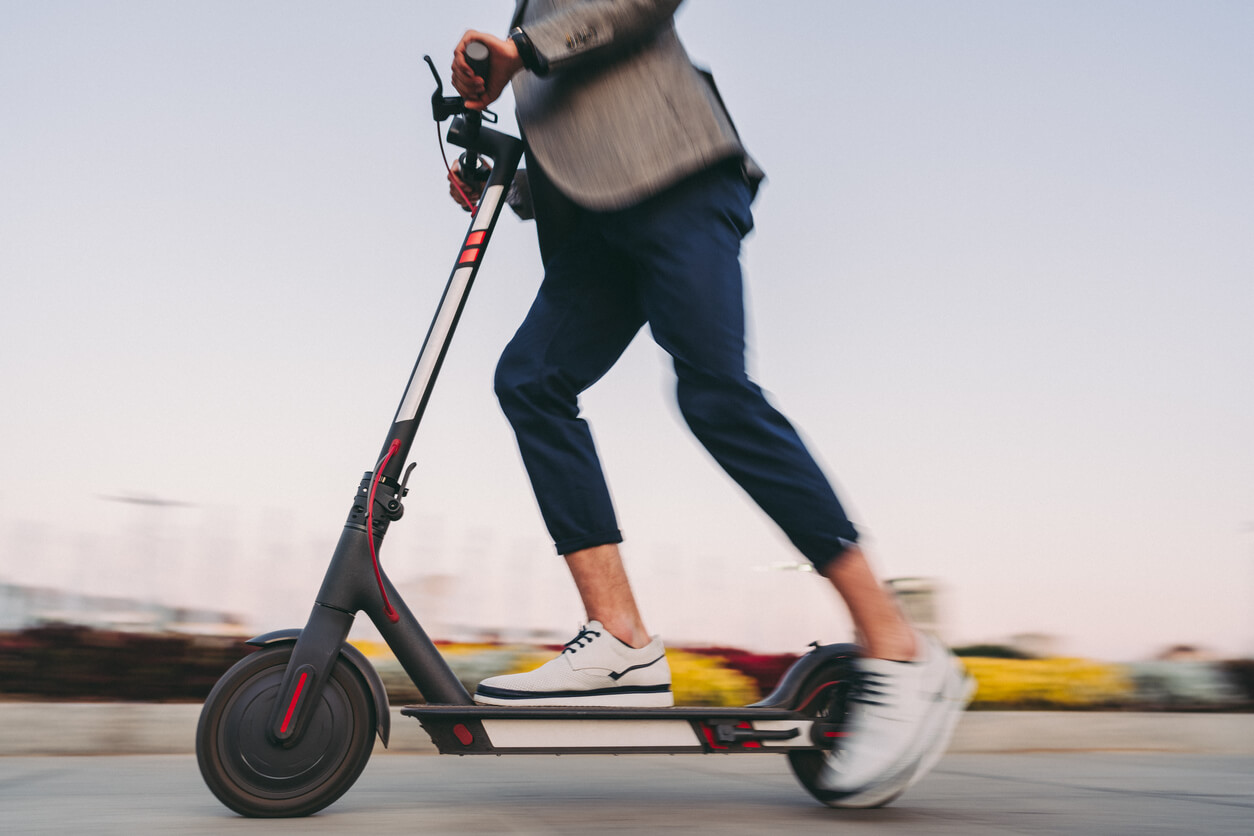If you settled your personal injury claim or lawsuit, you might think that you get to walk away with the settlement check, but the truth is that you might have to pay other parties some of that money. For example, if there is an ERISA health insurance lien on your personal injury case, you will have to address that claim and possibly pay the lienholder part of your settlement proceeds.
ERISA liens are complicated and not something you would want to ignore or try to tackle on your own. A South Carolina personal injury attorney can evaluate your situation and offer guidance about whether the lien is valid. Let’s talk about the impacts an ERISA lien can have on your personal injury settlement.
An Overview of ERISA and ERISA Health Liens
ERISA is the Employee Retirement Income Security Act. Most people think of their employer-sponsored retirement plans when they hear the name ERISA, but this federal legislation can also apply to health plans some people have through their work. Not all health insurance plans people have through their employers have the potential for ERISA health liens.
If your employer offers self-funded health care coverage, the employer sets up a trust account from which it pays the medical bills of its employees directly to the health care providers. Self-funded health care plans are not the same as group health insurance plans. If your place of work participates in a group health insurance plan, you pay a portion of the premium, and your employer pays the rest of the premium to an insurance company like UnitedHealth Group or Humana.
On the other hand, if your employer has a self-funded health care plan, it might fall under the rules of ERISA. If an ERISA health care plan paid the medical bills that were a part of your personal injury case, ERISA might require you to pay back the employer out of your settlement.
How to Challenge an ERISA Health Lien on Your Settlement
There are several factors that are relevant to whether ERISA will require you to pay back your health care plan out of your personal injury settlement. If your health care plan does not fall under the ERISA rules, your employer cannot use ERISA to force you to give them some of your settlement proceeds.
These challenges are sophisticated legal strategies that you do not want to take on as a DIY project. With so much at stake, you will want to work with a personal injury attorney to see if you can challenge the ERISA lien.
If your employer’s health plan is not self-funded, you might not have to reimburse them for those medical bills. Also, the rules could be different if you work for the government or a large employer.
Even if you have to pay back some of the medical costs, we might be able to limit the amount of the reimbursement by things like attorney’s fees and the fact that your settlement might include damages for other things, not just medical bills.
A South Carolina personal injury attorney can fight for you to keep as much of your personal injury settlement as possible if your case has an ERISA lien. Contact our office today for legal assistance.









